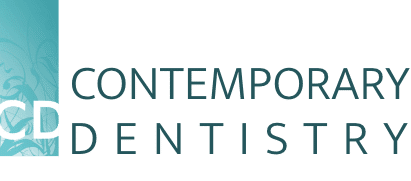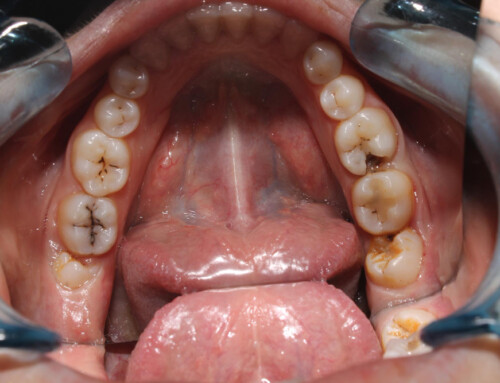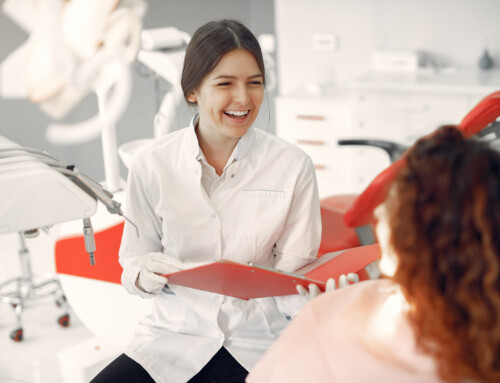These days, we assume that a routine checkup by the dentist also includes some time with the dental hygienist, who will clean our teeth and help the dentist spot developing trouble in our mouth.
But like so many things in dentistry that we now take for granted, it wasn’t always the case. This year, we’ll be celebrating the first century of professional programs to train dental hygienists. And the first class of dental hygienists graduated here in Rochester in 1917.

Early, Stumbling Attempts
For a long time, dentists recognized the potential value of having an assistant who could help them clean teeth and keep a watchful eye out for oral health problems.
The first “dental nurses” were employed in the 1880s to help prevent cavities and gum disease by cleaning teeth. But it is the dentist Dr. Alfred Fones who is credited with training the first dental hygienist–a term he coined because he disliked the phrase “dental nurse.” Irene Newman learned to scale and polish teeth in 1906, and she improved the service at Dr. Fones’ office so much that other dentists emulated his model.
This seemed like a sign of things to come, and in 1910 the Ohio College of Dental Surgery offered a program for “dental nurses.” But Ohio dentists objected to formal coursework for hygienists that the school closed and none of those who completed their coursework were ever allowed to practice.
But informal training of dental hygienists continued, and in 1915 Connecticut became the first state in the US to allow hygienists to be licensed. However, there was still no formal school to train dental hygienists.
Philanthropy Creates a Demand
In the early 20th century, upstate New York was a hotbed of innovation. This includes innovation in oral health, where widespread concern about the state of America’s teeth led to a wide range of programs, including toothbrushing clubs in schools. Among the most successful ventures was the creation of the Rochester Dental Dispensary.
The RDD would provide preventive care for poor and indigent children in the city. George Eastman donated money to establish the dispensary in 1915 provided that schools help support the program. And boy was it necessary. A 1910 study of 447 schoolchildren in Elmyra showed that 425 of them had untreated cavities. A total of 2063 untreated cavities were found, and dentists recommended the extraction of 617 teeth.
So the RDD would provide a much-needed service, but there was only one problem: there was no-one to provide the service!
The First Graduates
To meet the demand, the head of the RDD applied to the New York State Board of Regents to open a school for dental hygienists. Permission was granted, and on October 9, 1916, the School for Dental Hygiene opened.
When the school was opened the admission requirements were:
- Applicants must be women (men weren’t allowed to be hygienists until the 1960s)
- Must have completed one year of high school
- Must have appropriate “Temperament, training and personality“
- Need “Mental poise and equilibrium that will stand the test when working upon nervous and excitable adults and children”
As the first school of its kind, the SDH attracted candidates from all around the country. There were 40 women in the first class.
The original curriculum was an 8 month course that was taught by local doctors and dentists. In the afternoon, the students were organized into squads and sent to schools to practice their profession under the supervision of a dentist. They also went to orphanages and even provided dental hygiene to employees at Eastman Kodak.
The first class graduated in September 1917. That year, SDH graduate Hazel Badgero became the first licensed hygienist in New York State.
And when the American Dental Hygienists’ Association (ADHA) was founded in 1923, the first president elect was a graduate of Rochester’s SDH, demonstrating the crucial role that the school played in establishing the profession.
Upholding a Tradition
With the School for Dental Hygiene, Rochester established itself at the forefront of preventive dentistry. At Contemporary Dentistry, we believe strongly that preventive dentistry is the best approach to ensuring dental and overall health. And we believe that hygiene is one important part of a holistic approach.
Do you want to learn more about our approach to protecting your oral health? Please call (585) 244-3337 today for an appointment with a dentist (and hygienist) at Contemporary Dentistry.




